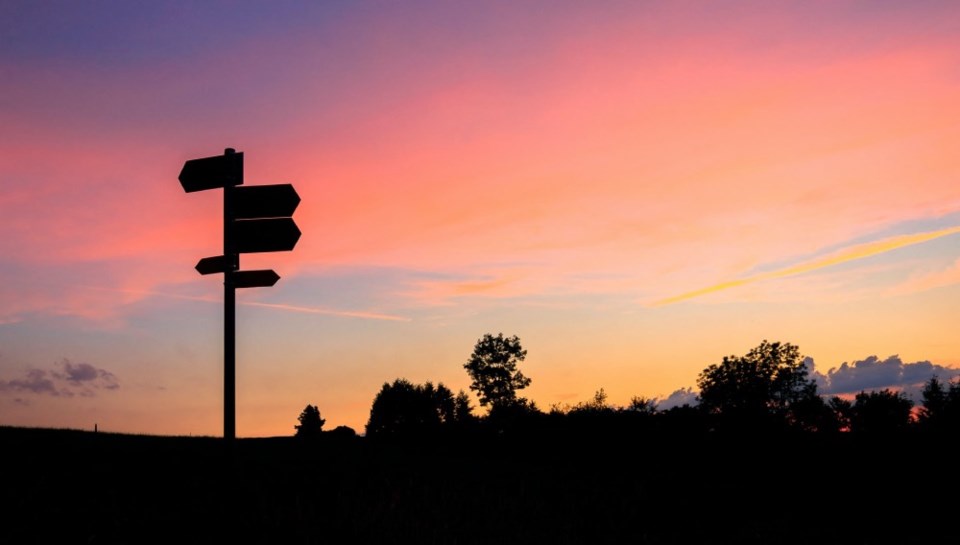Here we go, into a brand-new year: A.D. 2022. And in just a few weeks, we’ll be entering A.P. 3, where “A.P.” stands for “Anno Pandemici”.
Yep – who’dathunkit: we are starting the third year of the Neverendemic, and it’s intriguing to consider that this event and the recent severe consequences of climate change have come at approximately the same time. Is this only coincidence?
Lately, I’ve been thinking of John Donne’s famous “Meditation”: No man is an island, entire of itself. Both situations provide a real-life illustration. Let me explain.
Much of the social impact of both climate change and the pandemic stems from the conflict between “rights” and “responsibilities”. Does not much of the human contribution to climate change come down to asserting our “right” to be warm, drive a car, or indeed, to make a living or see a return on investment? At the same time, we have a “responsibility” to be aware of our impact on God’s Creation and of the way others are affected by our actions.
It’s sobering to think that, if climate change caused the series of atmospheric rivers we saw over BC this past fall and the flooding of farmland in the Fraser Valley, then actions that I did, or failed to do, contributed to that situation and had an impact on people I didn’t know.
With the pandemic, my right to “choose” whether to wear a mask must take a back seat to my responsibility not to expose others to the virus, should I be carrying it. Similarly, my right to “choose” whether to be vaccinated has to be tempered by a responsibility to those who rely on me.
Over-arching all of this is the commandment not to be judgmental. Jesus Christ warns us that if we judge others, the same yardstick we use will be used to whack us across the head, too. Inevitably, there will be discussion – sometimes, heated discussion – about climate change and pandemic precautions, but as the Apostle Paul advises, we must “speak the truth in love.”
I’m reminded of the account of Jesus’ disciples, setting out in a boat on the Sea of Galilee. A storm came up, and when the disciples called to Jesus, He commanded the wind and waves to be still. Mark’s Gospel records that “other little boats” were in the area at the time. Those little boats were also threatened by the storm, and we can presume, were also saved when the storm subsided. The disciples’ faith in turning to Jesus not only saved their own boat, but those others, as well.
In the same way, our level of faith (or lack of it) affects others, whether we realize it or not.
Jesus calls us to put other people’s interests ahead of our own. That concept transcends belief systems and these two situations have given it a greater urgency than ever. We have enough things to worry about in our world without being at one another’s throats. We have lived by individualistic motto, “if it works for me, it’s got to be” thinking for centuries, and that thinking has become more acute in the past couple of years. Maybe it’s time for a different paradigm.
Earlier in the pandemic situation, Prime Minister Trudeau spoke of a “Great Reset”. He may have been referring to a reset in the economy or society in general, but 2022 can be a year when we recall that each of us is not an island, and commit to our own Great Reset.
Drew Snider is a former pastor at Gospel Mission on 91原创's Downtown East Side, and has been a guest speaker at churches in BC.
You can read more articles on our interfaith blog, Spiritually Speaking, HERE /blogs/spiritually-speaking
* This article was published in the print edition of the Times 91原创 on Saturday, January 8th 2022



